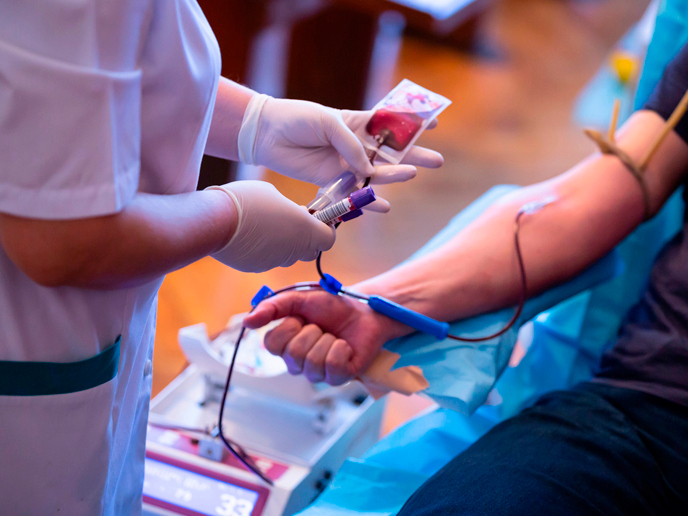Finding the secret ingredient to the biotherapeutics of tomorrow
Accounting for nearly one half of all recent new drug approvals, biotherapeutics(opens in new window) are the future of medicine. Also known as biologicals, biotherapeutics are drug therapies where the active substance is extracted or produced from a biological source, such as protein from cells. These products range from recombinant proteins(opens in new window) and hormones, to gene therapy, vaccines and stem cell therapies. “Before a protein can be injected into a patient, we must first ensure that it is clean and pure – which is a daunting challenge,” says Tzachi Pilpel, a researcher at the Weizmann Institute of Science(opens in new window). “For biotherapeutics to achieve their full potential, we must find a more efficient and cost-effective method for harvesting and purifying a protein.” Helping to overcome this challenge is the European Research Council(opens in new window) supported SECReTE project. Led by Pilpel, the project aims to advance the production of biological drugs by improving the process of harvesting them from the cells that produce them. According to the Weizmann Institute of Science, biotherapeutics produced from proteins have already been used to treat 350 million patients for cancer, diabetes and other rare diseases. Although this may seem like a large number, it’s really only the tip of the iceberg.
An important discovery
At the heart of the project is an important discovery – one that could significantly improve the harvesting and purification process, while lowering drug production costs. “We discovered a DNA sequence motif(opens in new window) that increases a protein’s cellular secretion(opens in new window),” explains Pilpel. “When attached to a biological drug may greatly ease the production of many pharmaceutical products.” The process involves biological cells that produce the desired proteins from a gene being implanted into the cell’s genome. After the protein is produced within the cell, the protein is sent outside to the liquid medium. According to Pilpel, the project’s innovation lies in encoding the protein with an RNA-based tag. “When attached to the gene of interest, the tag makes the producing cell secrete the encoded protein to the medium,” he adds. “The result is a more efficient harvesting and purification process.”
Revolutionary potential
The project’s sequence motif has the potential to revolutionise the pharmaceutical and biotech industries. “The pharma industry is struggling with a low return on investment,” notes Pilpel. “By opening the door to quicker and more cost-effective drug development, the SECReTE solution could help facilitate the discovery of new drugs and ensure they are brought to market quickly.” Using an innovative experimental system, researchers are currently testing tens of thousands of versions of the SECReTE motif. “Through these tests, we aim not only to demonstrate the feasibility of our technology but, more importantly, to identify the best formula for protein production and secretion,” concludes Pilpel. “These formulas will ultimately serve as the secret ingredient to the biotherapeutics of tomorrow.”







